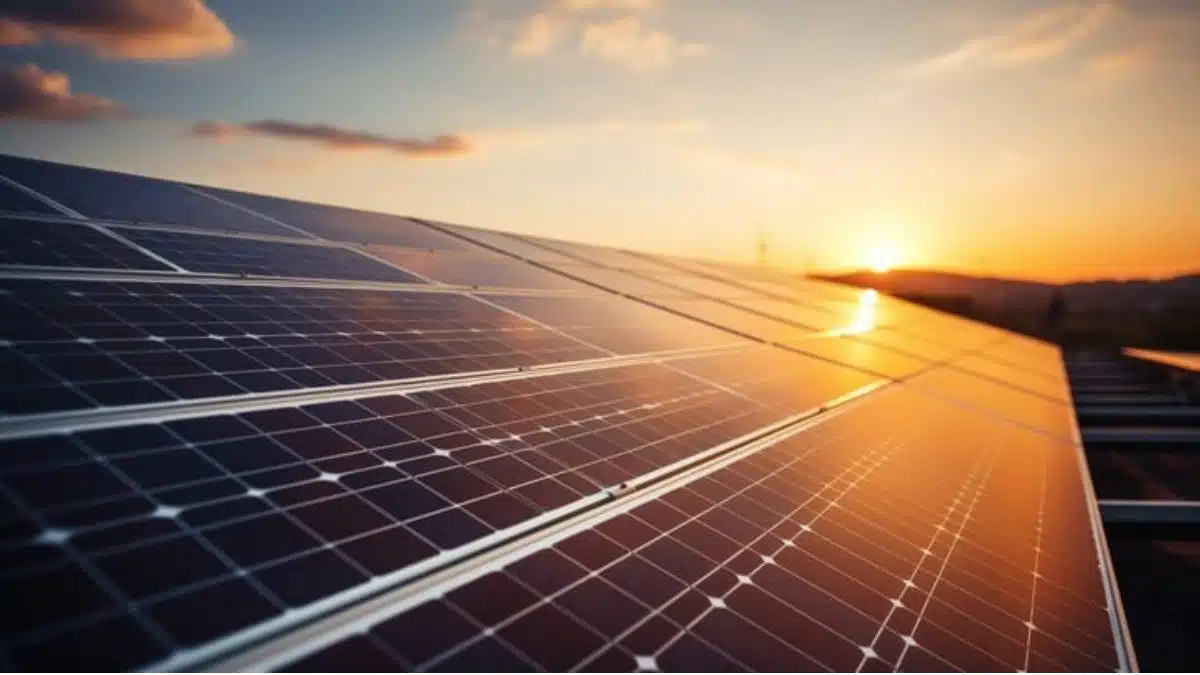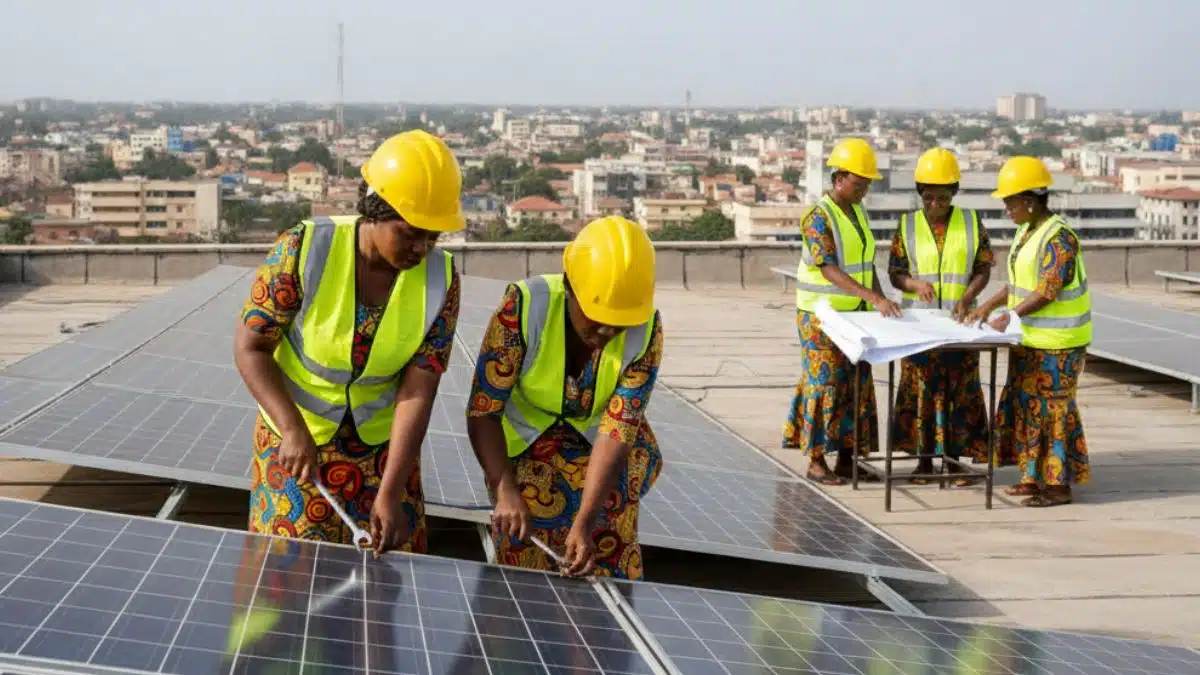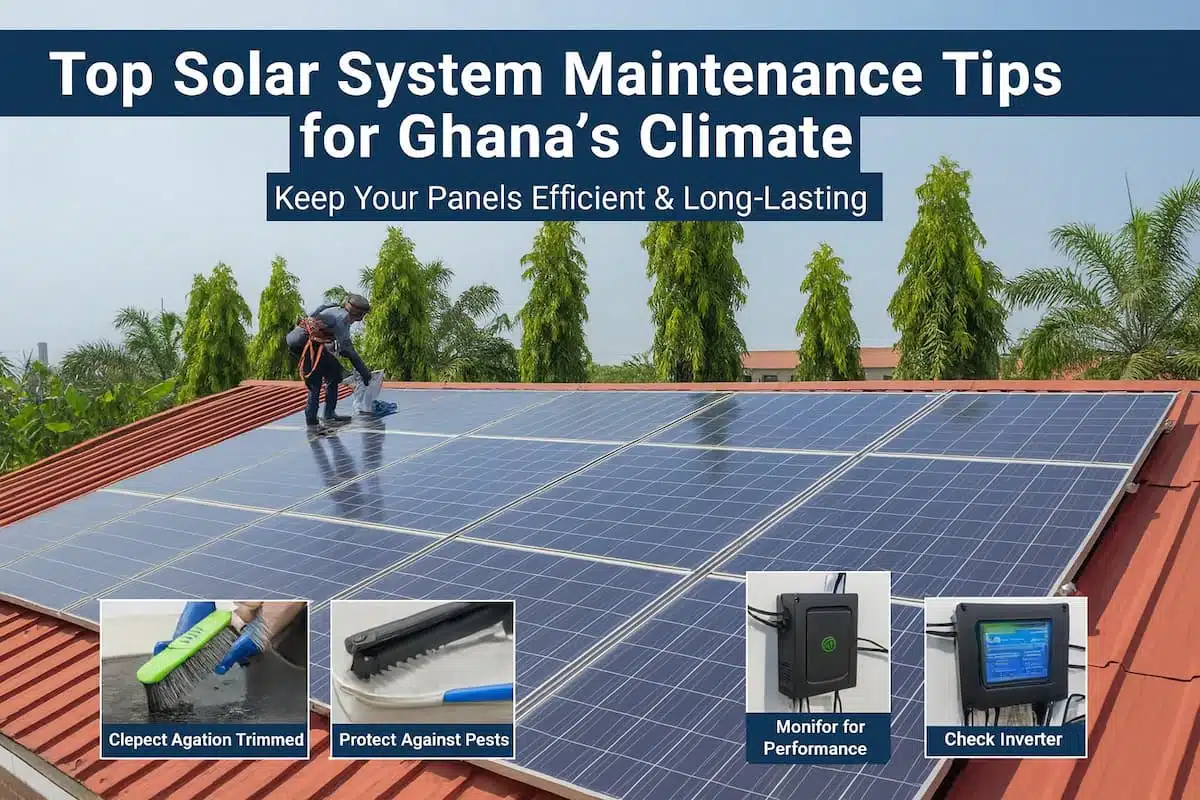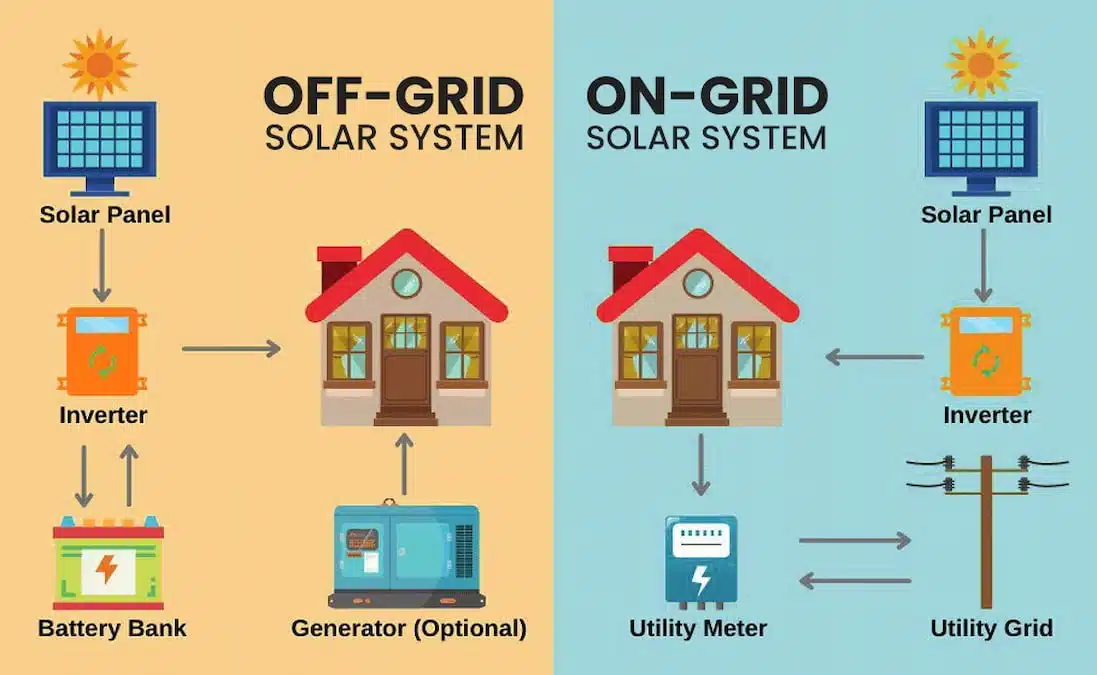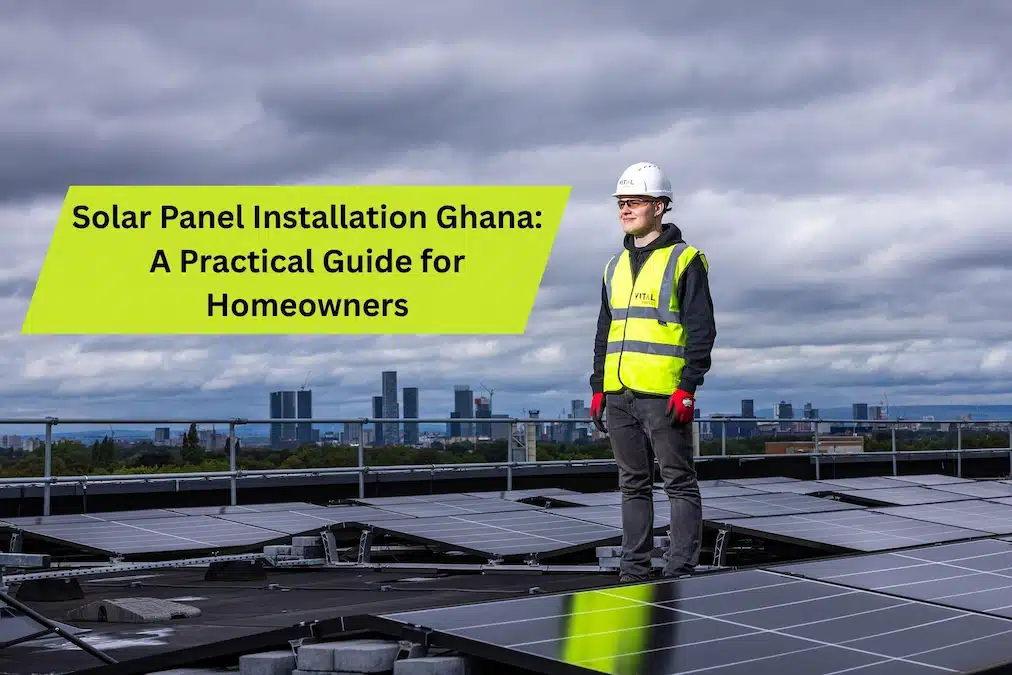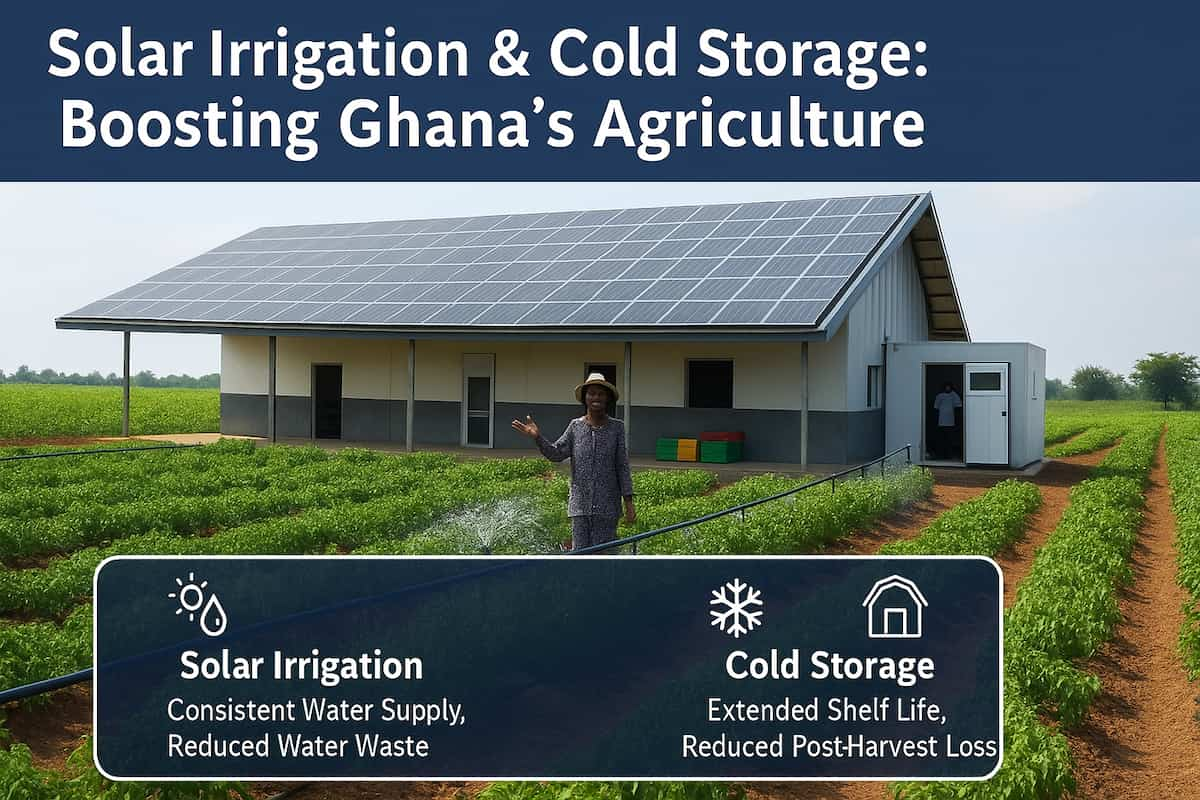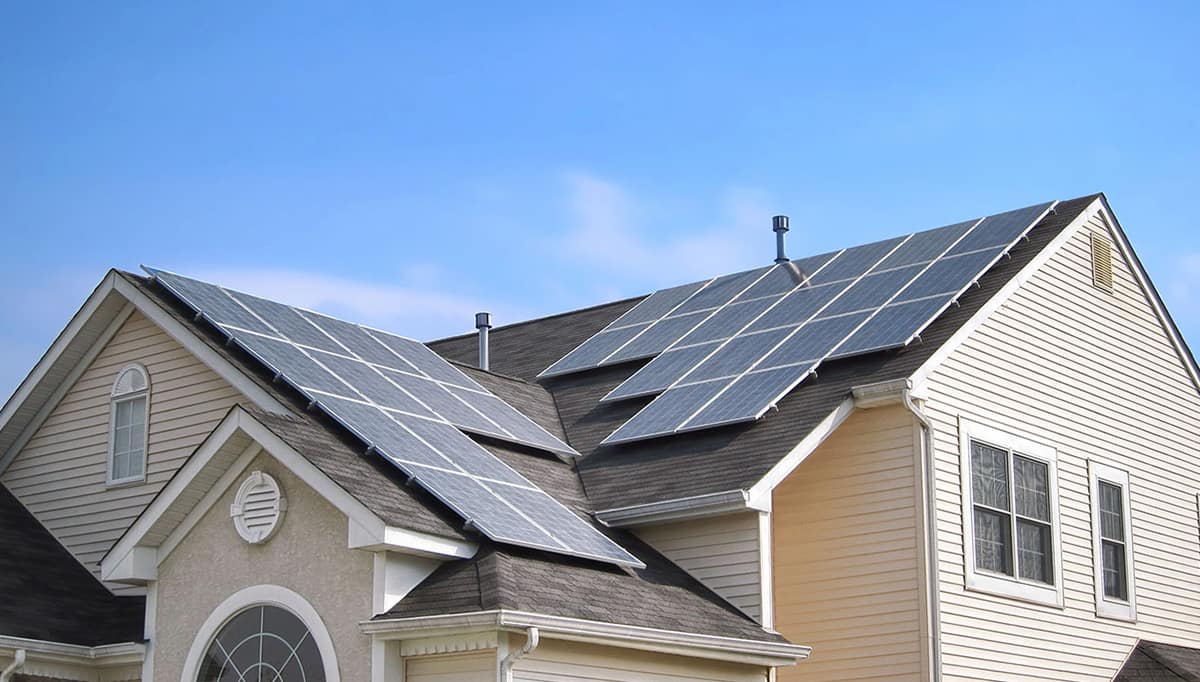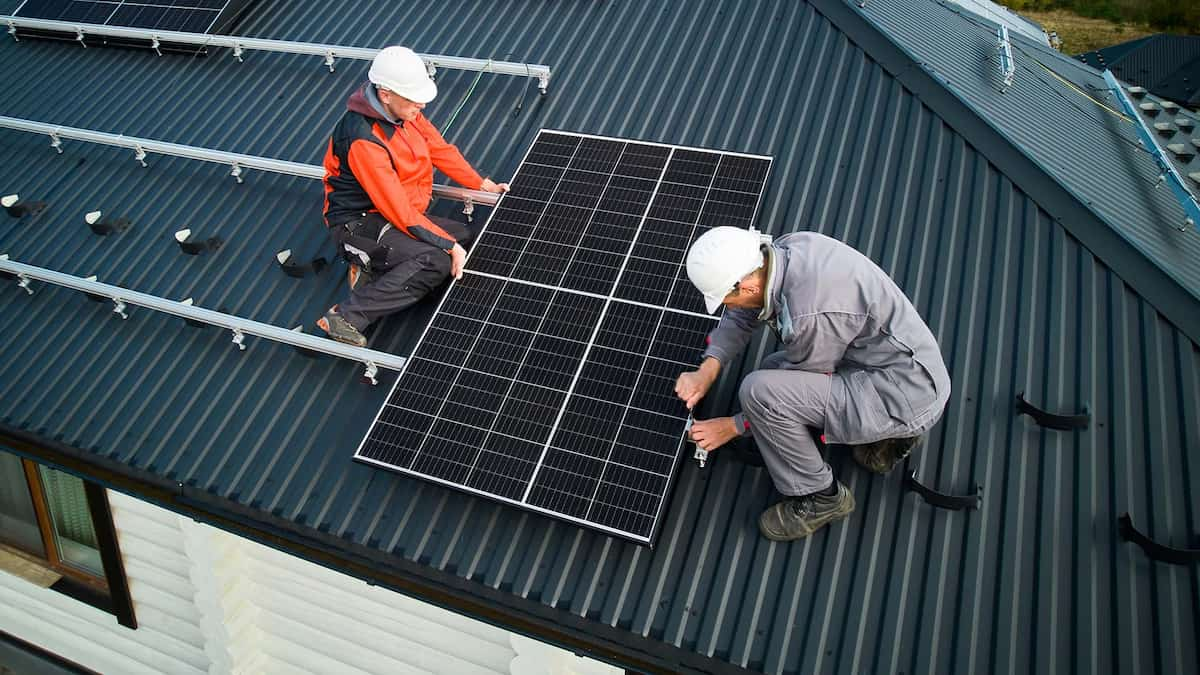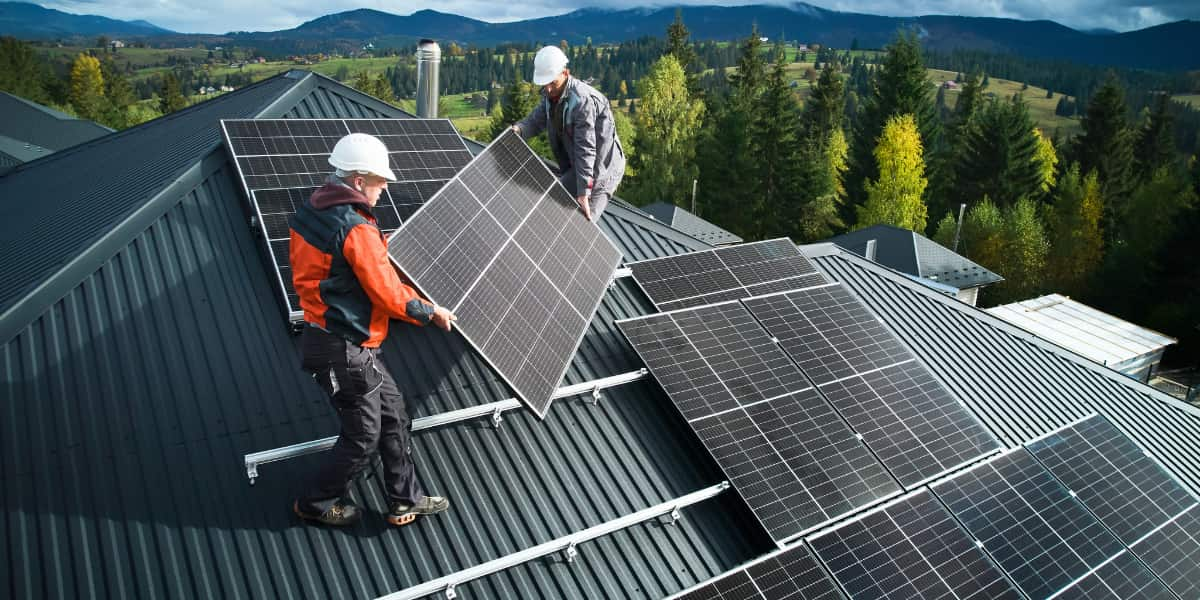Blogs
Solar Panels and Battery Storage Solutions for Reliable Energy
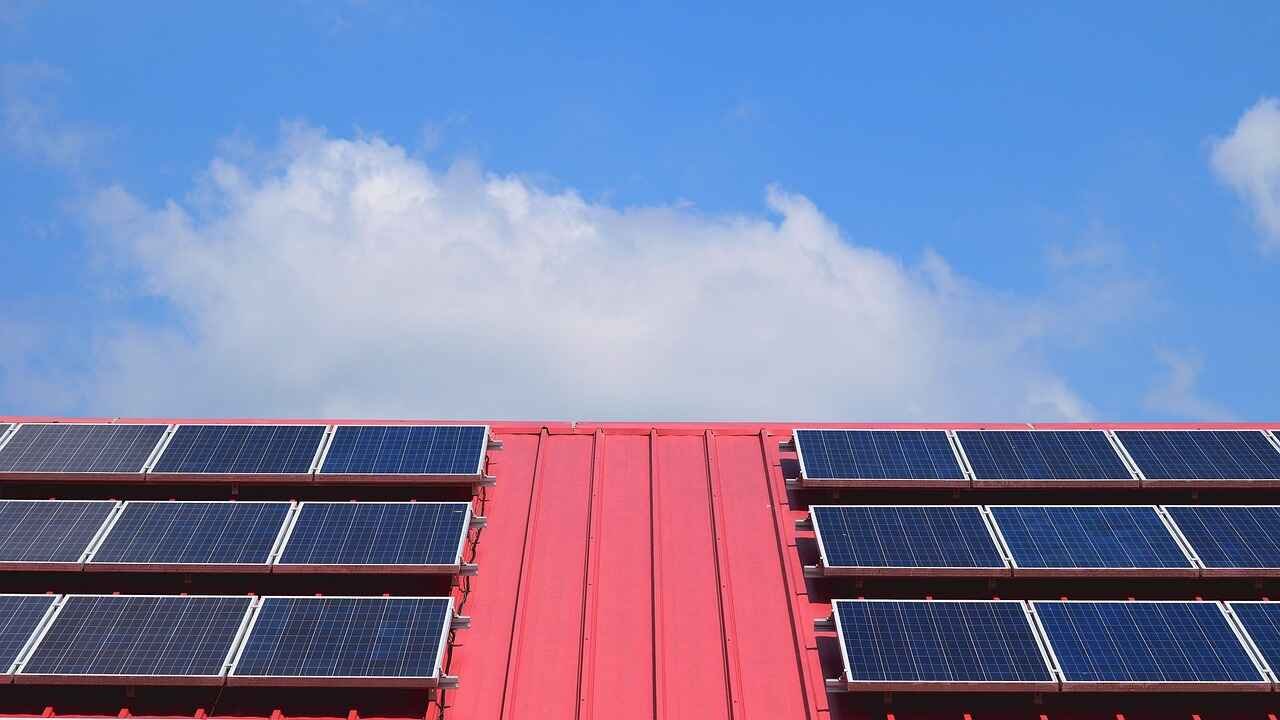
The Power Challenge in Ghana
Ghana’s energy sector has faced significant challenges, including inadequate generation capacity, transmission losses, and an overreliance on traditional fossil fuels. These issues have contributed to frequent power cuts, locally known as “dumsor,” which have had far-reaching implications for businesses, households, and public services. The need for a reliable and sustainable energy solution has never been more pressing.
Harnessing Solar Power
Solar power presents a compelling opportunity for Ghana to diversify its energy sources and reduce its reliance on imported fossil fuels. With abundant sunlight throughout the year, Ghana has the potential to harness solar energy on a large scale. Solar panels, also known as photovoltaic (PV) panels, convert sunlight into electricity, offering a clean and renewable energy source.
In recent years, the cost of solar panels has decreased significantly, making them more accessible to households and businesses in Ghana. By installing solar panels on rooftops or in open spaces, individuals and organizations can generate their own electricity and reduce their dependence on the national grid. This not only provides a reliable source of power but also contributes to environmental sustainability by reducing carbon emissions.
Benefits for Households
For households in Ghana, the adoption of solar panels and battery storage solutions offers a range of benefits. Reliable access to electricity is essential for lighting, cooking, refrigeration, and powering electronic devices. By installing solar panels, households can reduce their reliance on the grid, especially in areas prone to frequent power cuts. This enhances energy independence and ensures that essential appliances remain operational even during outages.
Battery storage solutions further enhance the benefits of solar power for households. Storing excess energy generated during the day allows households to use it in the evenings or during grid disruptions. This ensures a consistent power supply, enhancing life quality and reducing dependence on costly, polluting diesel generators.
Economic Empowerment for Businesses
In addition to households, businesses in Ghana stand to gain significantly from the adoption of solar panels and battery storage solutions. Reliable access to electricity is crucial for businesses to operate efficiently and remain competitive. Industries such as agriculture, manufacturing, and hospitality rely on a consistent power supply to power machinery, refrigeration units, and lighting.
By investing in solar panels and battery storage, businesses can reduce their operational costs and insulate themselves from the impact of power cuts. This not only improves their bottom line but also enhances their resilience in the face of energy disruptions. Furthermore, businesses that demonstrate a commitment to sustainable practices and renewable energy may gain a competitive edge in the market and attract environmentally conscious consumers.
Community Impact and Social Development
The adoption of solar panels and battery storage solutions also has a broader impact on community development in Ghana. In rural areas where access to reliable electricity is limited, off-grid solar installations can provide essential power for lighting, refrigeration, communication, and small-scale businesses. This empowers communities to pursue economic activities, improve healthcare services, and enhance educational opportunities.
Deploying solar power and battery storage solutions creates local jobs, especially in installation, maintenance, and servicing. This boosts economic activity at the community level and builds local expertise in renewable energy.









